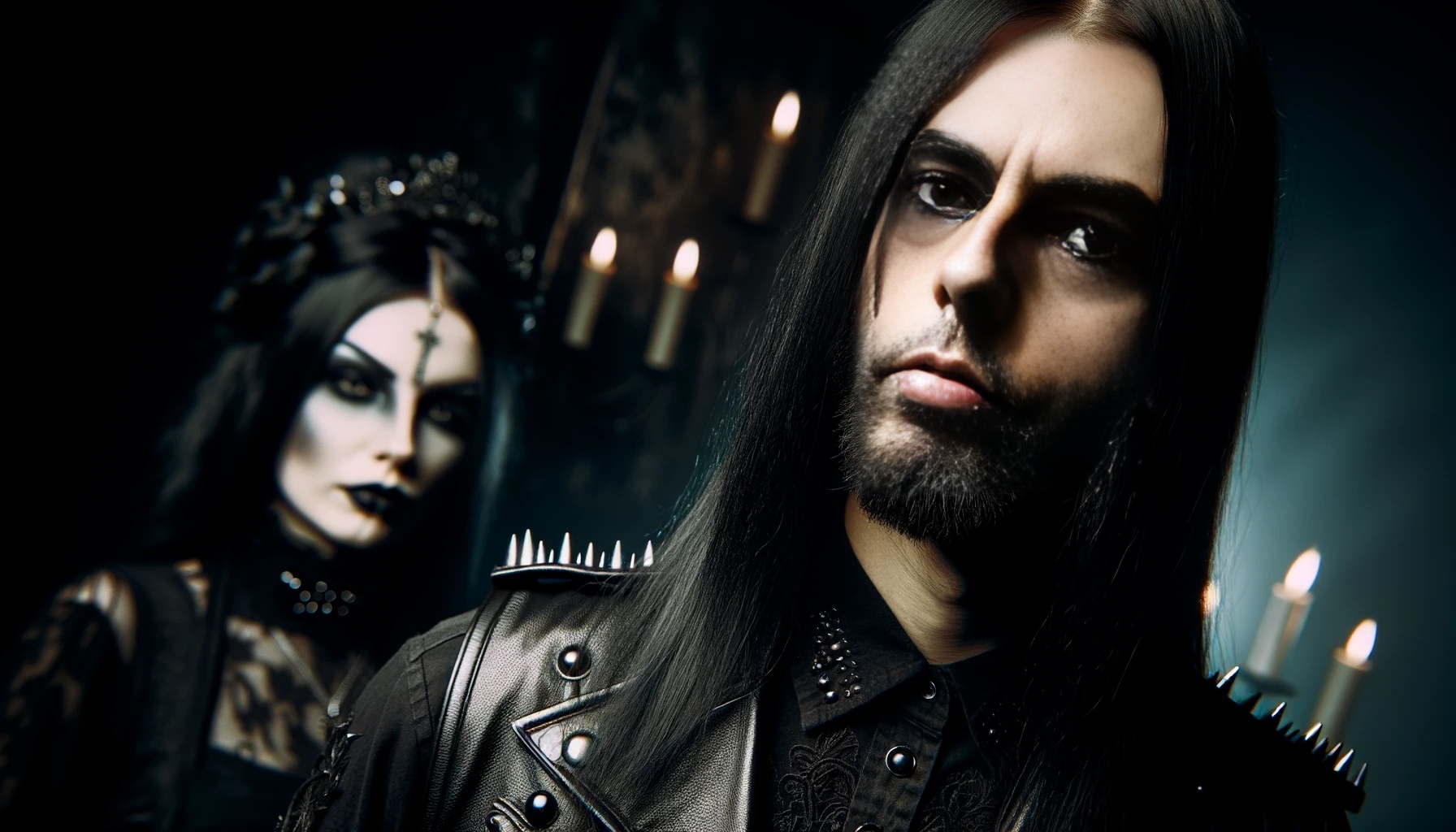I’m diving into a darkened realm not of music itself but the stages it graces — music festivals. Once hallowed grounds pulsating with the raw, unfiltered essence of rock, metal, and cultural defiance, many of our beloved festivals seem to have crossed over to the other side, betraying their origins for a fistful of silver.

The Original Spirit of Music Festivals
Music festivals started as congregations where the like-minded could escape the mundane, connect through powerful, often underground sounds, and revel in a shared, subcultural ethos. The historic blasts of Woodstock, early Glastonbury, and the primal roars of the first Download Festival showcased not only music but a lifestyle resistant to the mainstream.
In these sacred spaces, barriers dissolved. It wasn’t just about seeing the biggest bands but about discovering new sounds, from the gritty underbelly of the scene, and connecting on a level that commercial radio hits never could reach. These events were the heartbeat of musical revolution, a place where the stage and the mosh pit spoke the same language — that of rebellion and raw passion.

The Turn to Commercialization
Fast forward to today, and the landscape is starkly different. Many festivals have transformed into behemoths of commercial interests. Major sponsors plaster their logos over every possible surface, and the line-ups increasingly favor mainstream appeal over niche artistic expression. This shift isn’t subtle; it’s a sell-out move that prioritizes profit over the music and cultural ethos that once defined these gatherings.
Why this shift? The answer is as simple as it is disheartening: money. As festivals grew in popularity, they caught the eye of big corporations eager to tap into a ready-made audience. These corporate giants saw not a cultural movement but a marketing opportunity — a chance to sell products to a captive audience under the guise of music and art.

The Impact on Music and Culture
The impact of this shift is twofold, affecting both the music presented and the community that attends. Musically, the diversity and richness of festival line-ups suffer. Where once upcoming bands would stand shoulder to shoulder with legends, giving a thrilling mix of performances, now the focus often leans heavily towards acts that guarantee a return on investment. This not only stifles the growth of smaller, genre-defining acts but also homogenizes the music landscape, making it harder for new sounds and scenes to emerge.
Culturally, the atmosphere at these commercialized festivals can feel distinctly different. Gone are the days when you could strike up a conversation with fellow music lovers over a shared interest in obscure bands. Instead, the environment is increasingly sanitized and controlled, designed to maximize spending rather than encourage genuine community interactions.

Exceptions and the Silver Lining
Despite the gloom, not all hope is lost. Some festivals continue to honor their original spirit, resisting the lure of corporate dollars to focus on music and community. Festivals like Roadburn and Hellfest, for example, manage to balance growth with maintaining an authentic connection to their roots. These events still champion a mix of both renowned and upcoming bands, fostering a festival atmosphere that feels like a true escape from the commercial grind.

The Role of the Community
As attendees, our role in this ecosystem is crucial. By supporting festivals that prioritize music and ethos over profit, and by demanding more from those that have strayed, we can help steer the scene back to its roots. It involves making conscious choices about where we spend our money and lending our voices to the discourse on social media and beyond.

Conclusion
In the end, the soul of music festivals hinges on the delicate balance between growth and authenticity. As we look to the future, let us champion those gatherings that remain true to the rebellious, spirited nature of our music culture. Let us support the underdog festivals that resist selling out, and let’s keep the conversation alive about what truly makes a music festival worth attending.
For more musings on music, culture, and the goth and metal scenes, visit the homepage. And to stay connected with me on social media and join the ongoing conversation, follow me on social media. Together, let’s keep the spirit of true music festivals alive.




